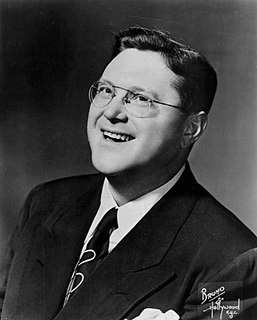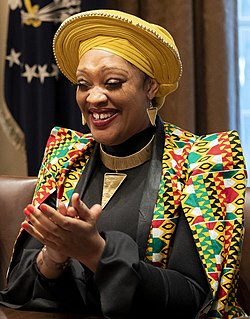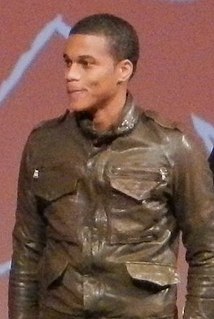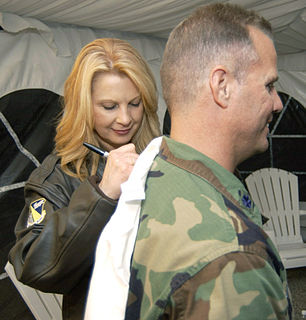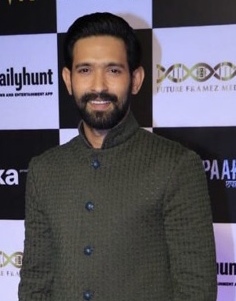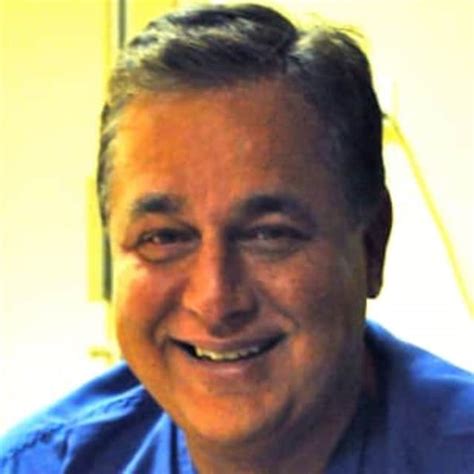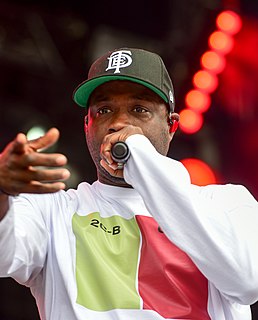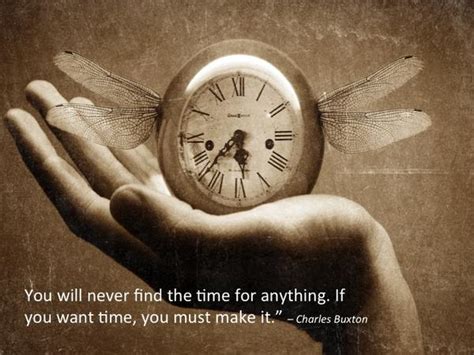A Quote by Sam Levenson
When I came home and showed my mother my report card with a mark of 98 in arithmetic, she wanted to know who had gotten the other two points.
Related Quotes
The idea of the book ["The Japanese Lover"] came in a conversation that I had with a friend walking in the streets of New York. We were talking about our mothers, and I was telling her how old my mother was, and she was telling me about her mother. Her mother was Jewish, and she said that she was in a retirement home and that she had had a friend for 40 years that was a Japanese gardener. This person had been very important in my friend's upbringing.
Even his highly emotional Italian mother didn't believe that true love could blossom overnight. Like his brothers and sisters-in-law, she wanted nothing more for him than to marry and start a family, but if he showed up at her doorstep and said that he'd met someone two days ago and knew she was the one for him, his mother would smack him with a broom, curse in Italian, and drag him to church, sure that he had some serious sins that needed confessing.
I think my mother became the muse because she had everything when she was in Hollywood: she had the marriage, the success, the money, all the films she wanted to do and yet even her, she had a longing and wanted to work with a film that had meaning, something more profound. And I think that was very touching to father.
My mother wanted to be a mother. That's the only thing she wanted from the bottom of her heart. She didn't want to be the number one actress - which she was - and she didn't want to be this great legend. All she wanted to be was a mother and she did but God took her away. So I always will empathise and sympathise with women.
In one family, all goes by two and two. If a member of it has any interest, he or she will confide it to some one other; but the rest know nothing. In another family, all feel what touches one; nothing is kept dark from the father and mother, brothers and sisters--all share. This family habit is by far the better, it strengthens the tie between the members, and makes the home one home.
A lot of people say that Eleanor Roosevelt wasn't a good mother. And there are two pieces to that story. One is, when they were very young, she was not a good mother. She was an unhappy mother. She was an unhappy wife. She had never known what it was to be a good mother. She didn't have a good mother of her own. And so there's a kind of parenting that doesn't happen.
